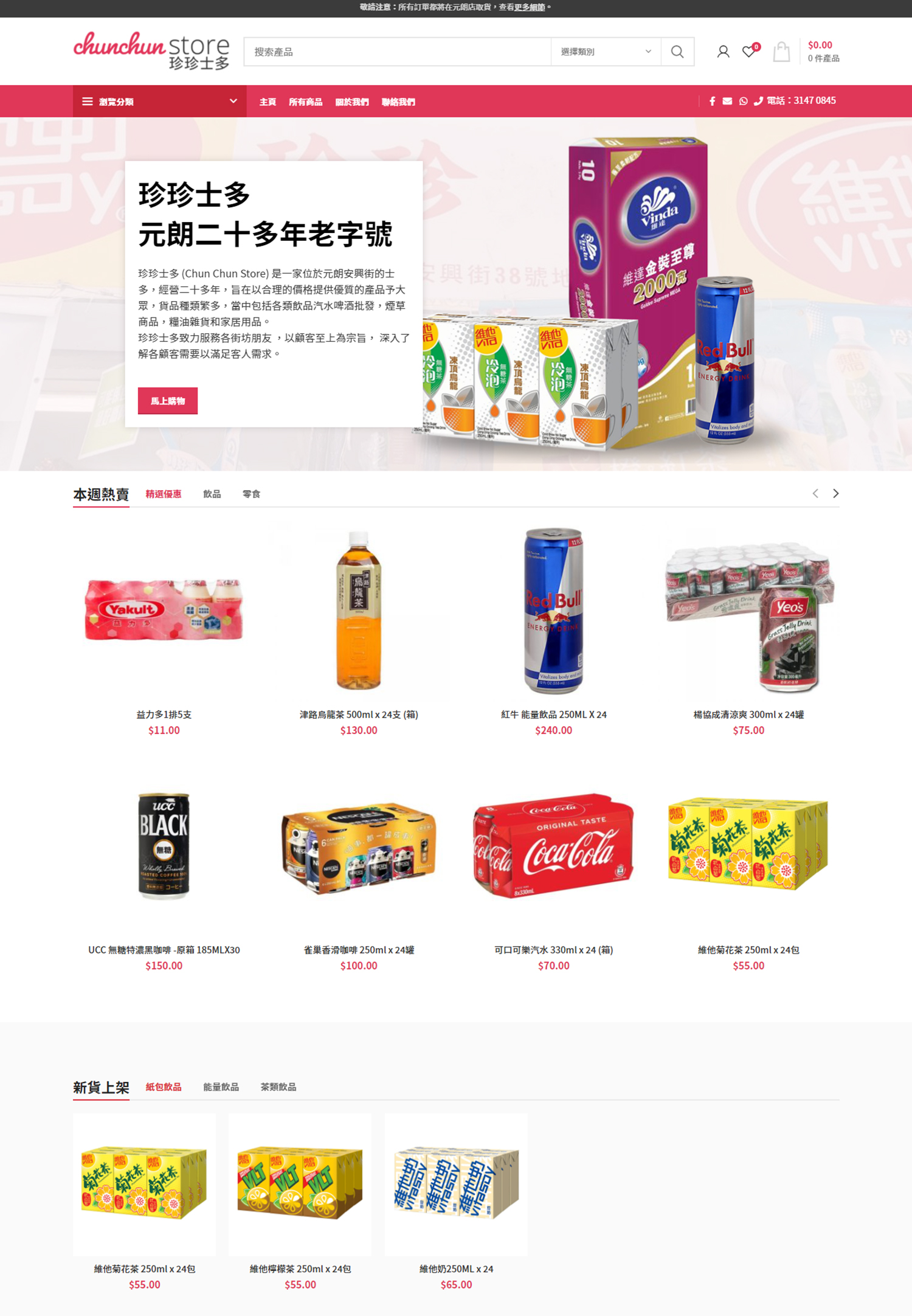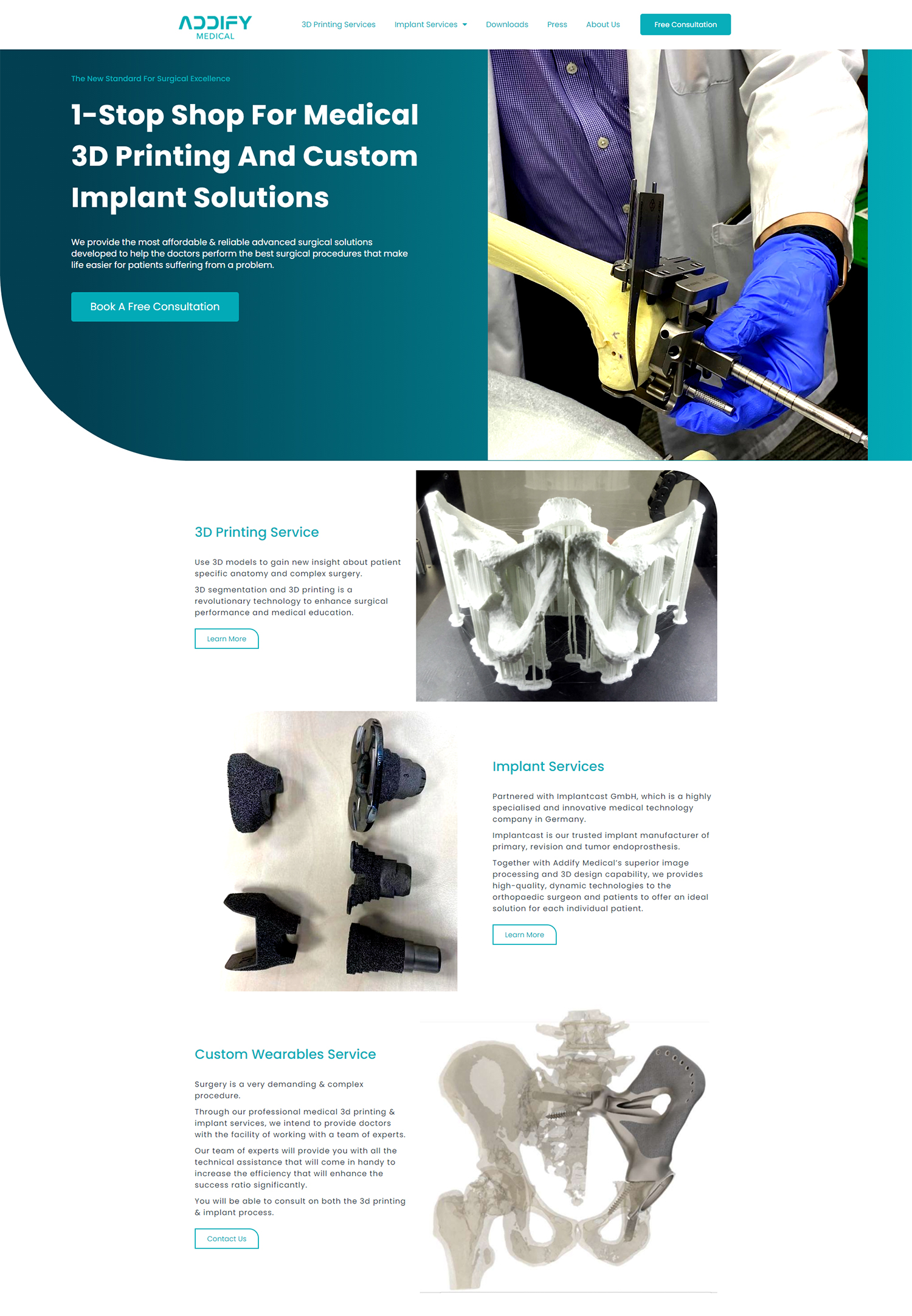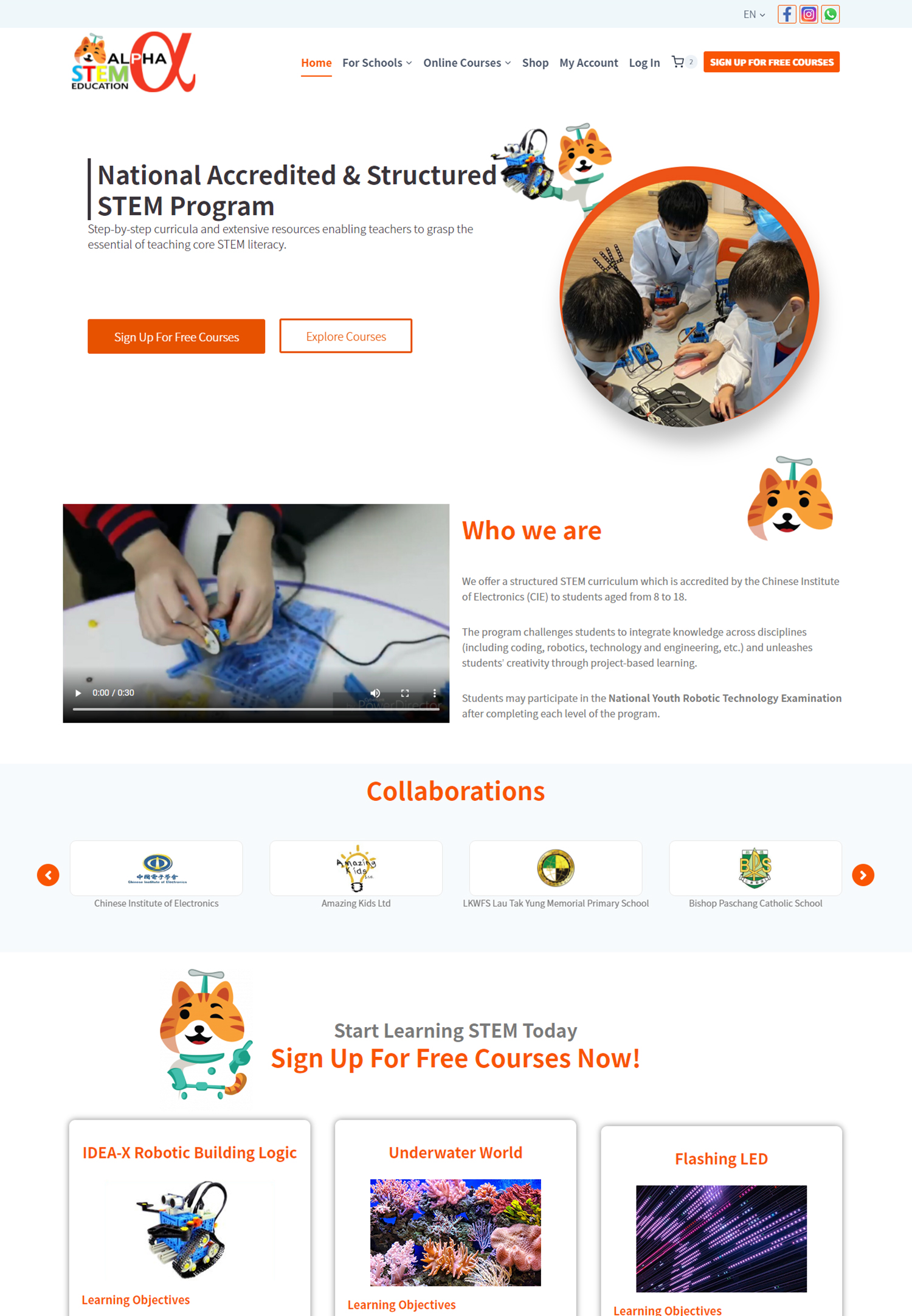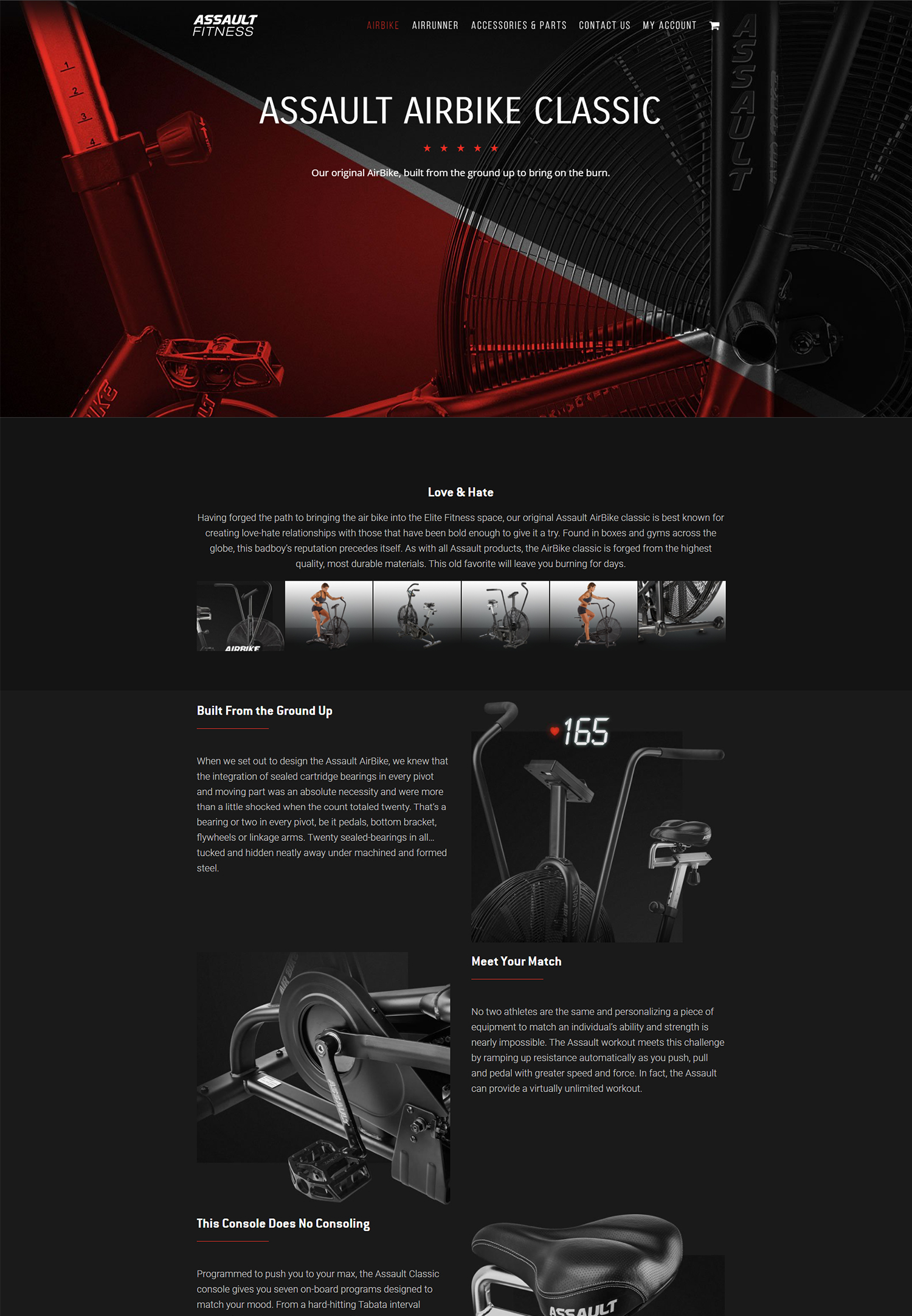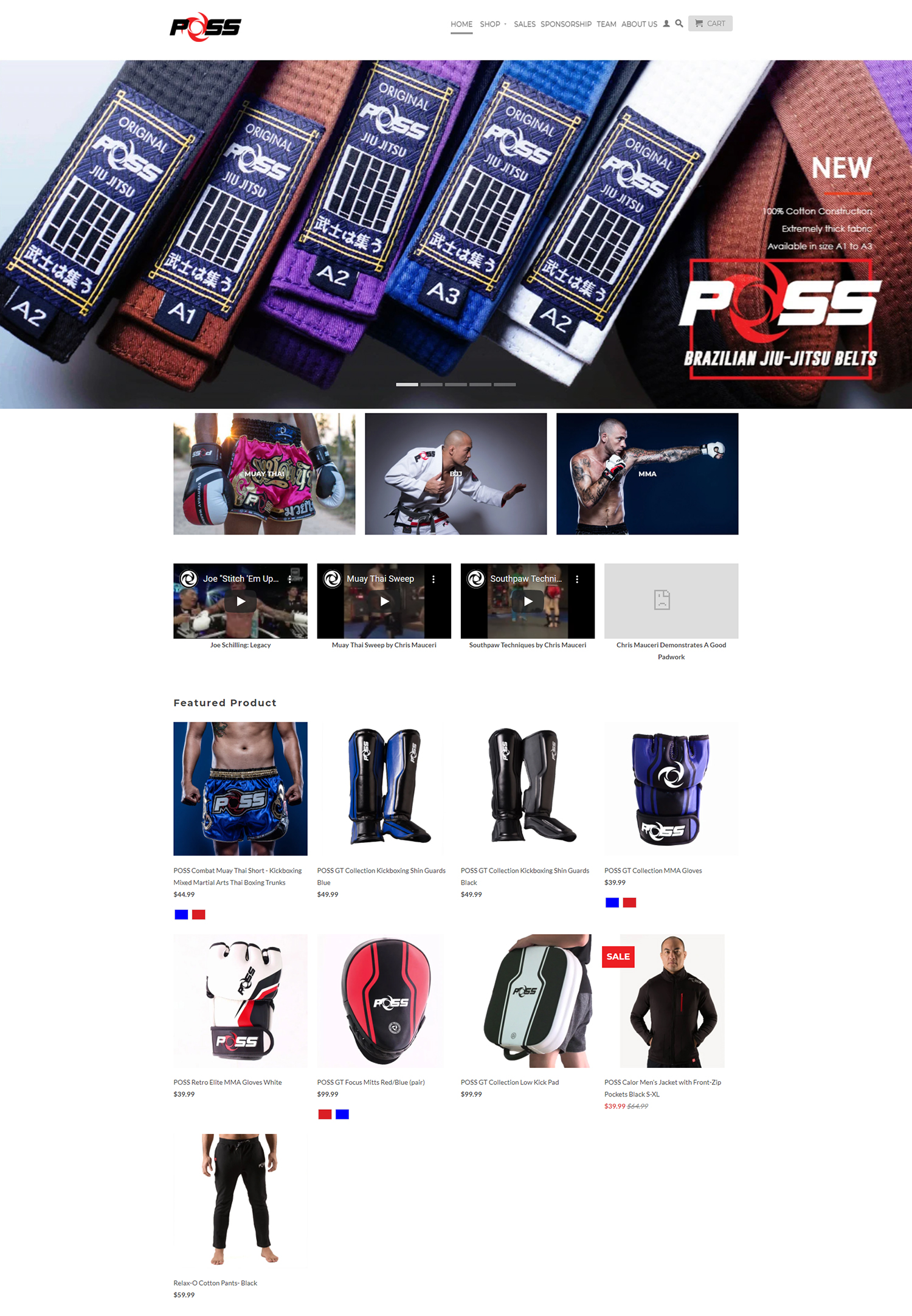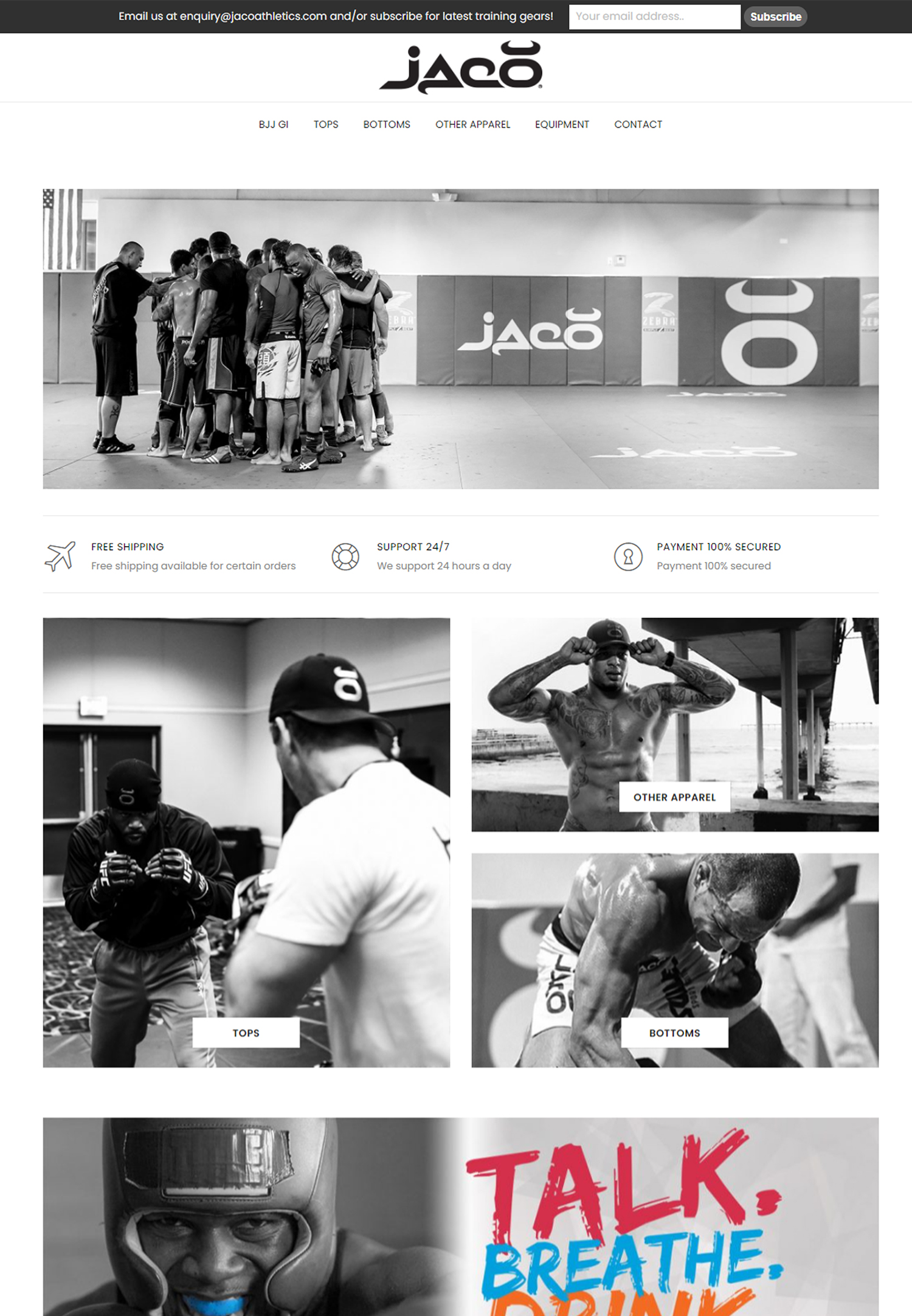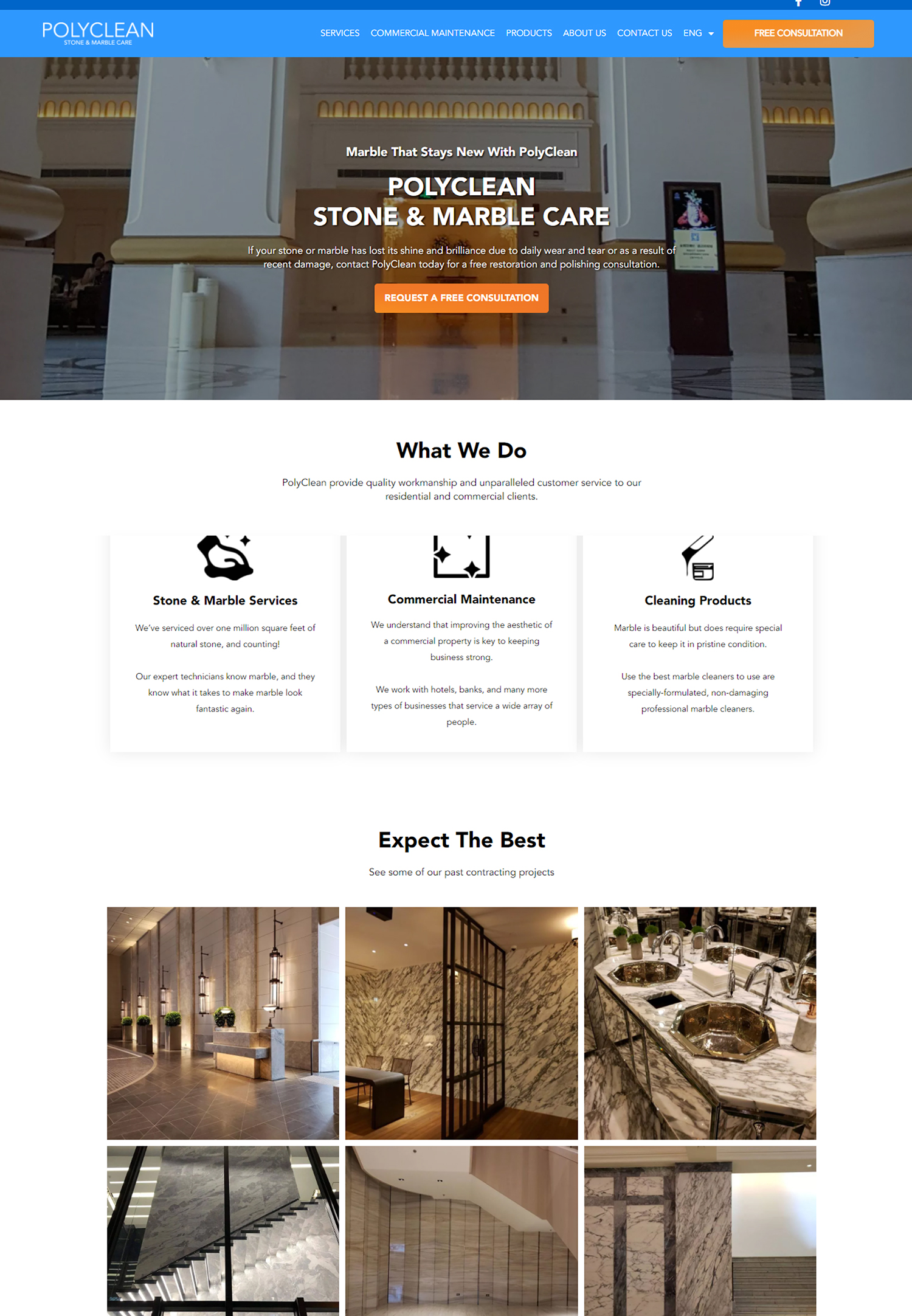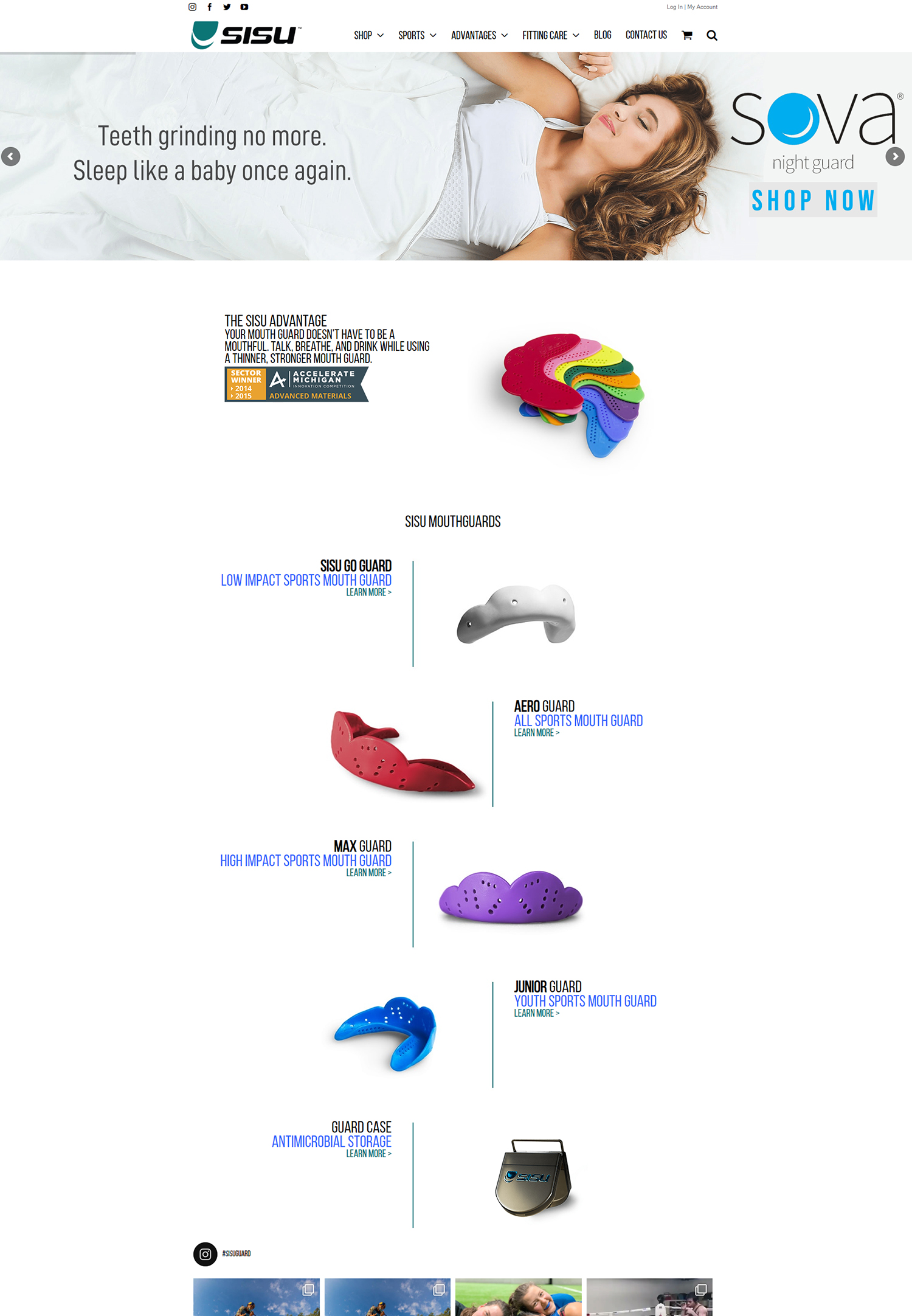Small businesses often operate with limited resources, making it crucial for them to maximize their marketing efforts. Engaging a marketing agency can provide a wealth of benefits that can significantly enhance a small business’s visibility and growth potential. One of the primary advantages is access to specialized expertise.
Marketing agencies typically employ professionals with diverse skills in areas such as digital marketing, content creation, SEO, and analytics. This expertise allows small businesses to implement strategies that they may not have the knowledge or experience to execute effectively on their own. Moreover, a marketing agency can offer a fresh perspective on a small business’s branding and messaging.
Often, business owners are too close to their products or services to see them objectively. An external agency can conduct market research, analyze competitors, and identify unique selling propositions that resonate with target audiences. This objective viewpoint can lead to more effective marketing campaigns that capture attention and drive engagement.
Additionally, agencies often have access to advanced tools and technologies that can streamline marketing processes and improve campaign performance, which is particularly beneficial for small businesses that may not have the budget for such resources.
Key Takeaways
- A marketing agency can provide small businesses with expertise, resources, and a fresh perspective to help them reach their marketing goals.
- When looking for a marketing agency, small businesses should consider factors such as industry experience, track record, and communication style to find the right fit.
- Developing a tailored marketing strategy involves understanding the target audience, setting clear objectives, and choosing the most effective marketing channels for the business.
- Digital marketing techniques such as SEO, content marketing, and email campaigns can help small businesses reach a wider audience and drive growth.
- Social media can be a powerful tool for small businesses to engage with their audience, build brand awareness, and drive customer loyalty.
- Measuring the success of marketing efforts involves tracking key performance indicators, analyzing data, and making adjustments to improve results.
- Building brand awareness and customer loyalty requires consistent messaging, quality customer service, and creating a positive brand image.
- Small businesses can maximize the impact of limited budgets by working with a marketing agency that can provide cost-effective solutions and creative strategies.
Finding the Right Marketing Agency for Your Small Business
Selecting the right marketing agency is a critical step for small businesses looking to enhance their marketing efforts. The first step in this process is to clearly define your business goals and objectives. Understanding what you want to achieve—whether it’s increasing brand awareness, generating leads, or boosting sales—will help you identify an agency that aligns with your vision.
Once your goals are established, researching potential agencies becomes essential. Look for agencies that specialize in your industry or have experience working with businesses of similar size and scope. When evaluating potential agencies, consider their portfolio and case studies.
A reputable agency will have a track record of successful campaigns that demonstrate their ability to deliver results. Additionally, client testimonials can provide insight into the agency’s working style and effectiveness. It’s also important to assess the agency’s communication style and responsiveness.
A good partnership relies on open communication, so finding an agency that values collaboration and is willing to listen to your ideas is crucial. Finally, consider the agency’s pricing structure and ensure it fits within your budget while still providing the services you need.
Developing a Marketing Strategy Tailored to Your Small Business
Once you have selected a marketing agency, the next step is to develop a marketing strategy tailored specifically to your small business. This process begins with a comprehensive analysis of your current market position, including strengths, weaknesses, opportunities, and threats (SWOT analysis). Understanding where your business stands in relation to competitors will inform the strategic direction of your marketing efforts.
The agency will work closely with you to identify target demographics and create buyer personas that represent your ideal customers. A well-crafted marketing strategy should encompass various channels and tactics that align with your business goals. For instance, if your objective is to increase online sales, the strategy may include a combination of search engine optimization (SEO), pay-per-click advertising (PPC), and email marketing campaigns.
Each element should be designed to work synergistically, ensuring that all marketing efforts are cohesive and directed toward achieving the same goals. Regular reviews and adjustments to the strategy will be necessary as market conditions change or as new opportunities arise.
Utilizing Digital Marketing Techniques for Small Businesses
| Metrics | Value |
|---|---|
| Website Traffic | 5000 visitors/month |
| Social Media Followers | 2000 followers |
| Email Subscribers | 1000 subscribers |
| Conversion Rate | 5% |
| Cost per Click (CPC) | 1.50 |
In today’s digital age, small businesses must leverage digital marketing techniques to remain competitive. Digital marketing encompasses a wide range of strategies, including content marketing, email marketing, social media advertising, and search engine optimization. One of the most effective techniques is content marketing, which involves creating valuable content that attracts and engages potential customers.
This could include blog posts, videos, infographics, or podcasts that provide useful information related to your industry. Search engine optimization (SEO) is another critical component of digital marketing for small businesses. By optimizing your website for search engines, you can improve your visibility in search results, making it easier for potential customers to find you online.
This involves keyword research, on-page optimization, and building backlinks from reputable sources. Additionally, utilizing pay-per-click advertising can provide immediate visibility on search engines and social media platforms, allowing small businesses to reach targeted audiences quickly.
Leveraging Social Media for Small Business Marketing
Social media has transformed the way businesses interact with their customers and market their products or services. For small businesses, platforms like Facebook, Instagram, Twitter, and LinkedIn offer unique opportunities to engage with audiences in a more personal and interactive manner. Creating a strong social media presence allows small businesses to build relationships with customers, share valuable content, and promote their offerings effectively.
To leverage social media successfully, small businesses should develop a content calendar that outlines what types of posts will be shared and when. This could include promotional posts about new products or services, behind-the-scenes looks at the business, customer testimonials, or educational content related to the industry. Engaging with followers through comments and messages fosters community and encourages customer loyalty.
Additionally, utilizing paid advertising on social media platforms can help reach a broader audience beyond organic reach, allowing small businesses to target specific demographics based on interests and behaviors.
Measuring the Success of Your Marketing Efforts for Small Business
Identifying Key Performance Indicators
Common KPIs include website traffic, conversion rates, social media engagement metrics, and return on investment (ROI). These metrics serve as a yardstick to measure the effectiveness of marketing campaigns.
Tracking and Analyzing Metrics
By regularly tracking these metrics, small businesses can gain valuable insights into customer behavior and campaign effectiveness. Analytics tools such as Google Analytics provide detailed reports on website performance, including user demographics, traffic sources, and behavior flow. Social media platforms also offer built-in analytics that allow businesses to monitor engagement rates and audience growth over time.
Data-Driven Decision Making
Regularly reviewing these metrics enables small businesses to make informed, data-driven decisions about future marketing strategies. If certain tactics are underperforming, adjustments can be made promptly to optimize results.
Building Brand Awareness and Customer Loyalty for Small Businesses
Brand awareness is crucial for small businesses looking to establish themselves in competitive markets. A strong brand identity helps differentiate a business from its competitors and fosters recognition among consumers. To build brand awareness effectively, small businesses should focus on consistent messaging across all marketing channels—whether it’s through social media posts, email newsletters, or website content.
This consistency reinforces brand identity and helps create a memorable impression on potential customers. Customer loyalty is equally important for long-term success. Engaging with customers through personalized communication can enhance loyalty significantly.
Implementing loyalty programs or offering exclusive discounts for repeat customers can incentivize continued patronage. Additionally, soliciting feedback through surveys or reviews shows customers that their opinions matter and can lead to improvements in products or services based on their input. Building a community around your brand through social media interactions or local events can further strengthen customer loyalty.
Maximizing the Impact of Limited Budgets with a Marketing Agency
For many small businesses, budget constraints are a significant concern when it comes to marketing efforts. However, partnering with a marketing agency can help maximize the impact of limited budgets by providing access to expertise without the overhead costs associated with hiring full-time staff. Agencies often have established relationships with media outlets and vendors that can lead to cost savings on advertising placements or promotional materials.
Additionally, agencies can help prioritize marketing initiatives based on potential ROI. By focusing on high-impact strategies that align with business goals, small businesses can allocate their budgets more effectively. For instance, rather than spreading resources thin across multiple channels, an agency might recommend concentrating efforts on a few key areas where the target audience is most active.
This targeted approach not only conserves resources but also enhances the likelihood of achieving measurable results from marketing investments. In conclusion, engaging a marketing agency offers numerous advantages for small businesses seeking growth in an increasingly competitive landscape. From developing tailored strategies to leveraging digital techniques and measuring success effectively, agencies provide essential support that empowers small businesses to thrive while maximizing limited budgets.






